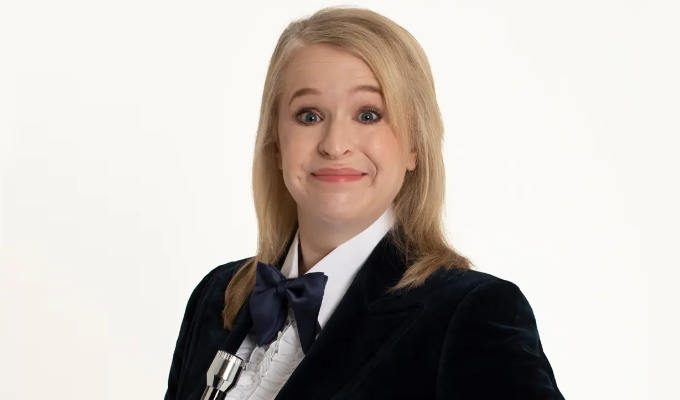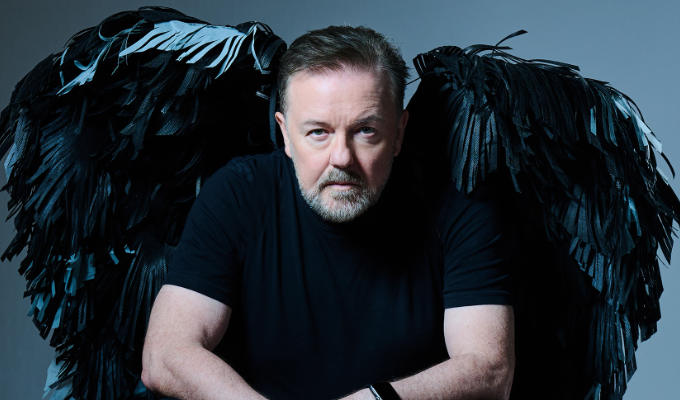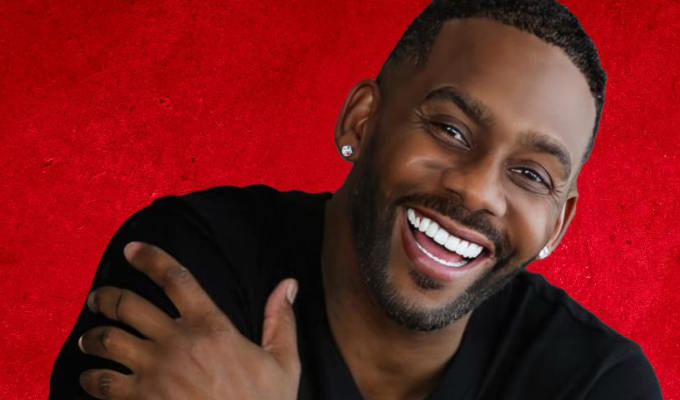OPINION: The London Comedy Festival
P>There's a comedy festival every day in London.It may not be labelled as such, but with hundreds of live stand-up gigs, assorted comedy film screenings, a handful of comic plays and the odd special event, there's more going on each and every week than at all but the biggest of the world's dedicated comedy festivals.
For stand-up alone, nowhere rivals London. New York, the nearest pretender to the title, has about half the number gigs and a scene that is being suffocated by an insidious pay-to-play mentality that rewards the comics who can bring the most paying friends, rather than those who are the funniest.
All this, of course, poses problems to organisers of the official London Comedy Festival. How can they possibly compete with the breadth and depth of event on offer every day of the year?
The answer is they don't. A quick browse though this year's programme reveals very little in the way of special events. Instead, the festival gathers together many of the events that would be occurring anywhere, and publicises them under its banner. Aside from the closing charity gig, there are few big names in the line-up - certainly no more than would otherwise be playing the capital.
There are a handful of gimmicks - a record attempt on the world's largest cartoon, a commendable drive to sell plastic Groucho specs to raise £100,000 for the Great Ormond Street Hospital, and yet another new act competition to add to the crowded market - but nothing the casual observer could get really excited about.
Where are the big international acts? The unique headline-grabbing shows? The premieres of exciting new work?
The last question is the easiest to answer - it's because no British festival can ever escape the shadow of the Edinburgh Fringe. This is the dynamo that drives comedy and, despite the spiralling cost of staging a show there, is likely to remain so for a very long time. Almost every comic who generates new material does so for their next Edinburgh show.
Everything before August is a work in progress, everything after, if the show's a success, is a tour. The upshot is that much of the London Comedy Festival comprises unpolished warm-up gigs for another festival, which is bizarre to say the least.
In truth, the London Comedy Festival is more of a London Comedy Week - albeit one that lasts ten days. Not so much an event in itself, more of a marketing drive in the vein of all the other PR initiatives from National Vegetarian Week to International Bowel Cancer Awareness Week that provides a focus to promote and celebrate the wealth of comedy that's always on tap in the capital.
As such, it's successful. Many clubs, especially the smaller ones, report extra trade during London Comedy Week. Several take advantage of the festival's promotional push to stage extra shows; the Laughing Horse, in particular, has arranged an imaginative programme of events including a Kevin night (in which all the acts are called well, you guess), an old gits' night and an unseasonal Christmas party.
Not everyone has been so inventive, though. Many clubs are running as normal, and some clubs choose not to partake at all. The most notable absentee is The Comedy Store, politics dictating that London's best-known comedy venue cannot take part in a festival partly run by arch-rivals Jongleurs. Strangely, the festival programme includes an improv feature dominated by the Comedy Store Players even though their gigs are not featured in the actual listings.
All the above contributes to a nagging feeling that the festival isn't as special as it ought to be.
From a marketing point of view, it does an excellent job. The programme given away with the Evening Standard, tie-ins with BBC London radio and Mind The Gag posters on Tubes all help put extra bums on comedy seats - a difficult enough task, as any promoter will tell you.
The organisers have succeeding in attracting a lot of big-name sponsorship to comedy, too. Open the programme at random and you'll see maybe six corporate logos staring back at you. Yet surely all this backing could help fund some more unique and memorable events.
Don't get me wrong, there are scores of great gigs under the festival umbrella - peruse the programme and you'll find plenty worth seeing - certainly enough to make the festival the success it deserves to be
But now it is in its third year - and with the hard-won commercial might of its sponsors behind it - shouldn't the festival be forging more of a distinctive identity of its own, rather than simply shepherding together all that exists anyway?
Published: 27 Jul 2006






